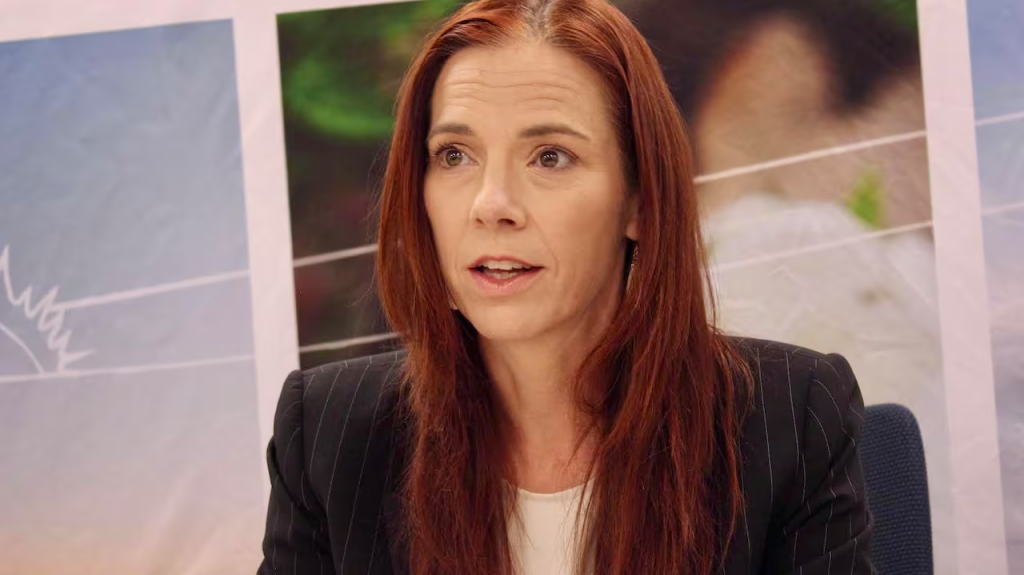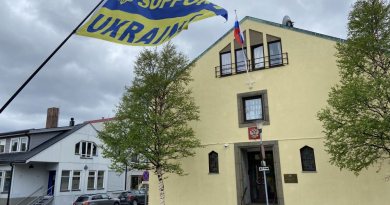N.W.T. government projects over $150M loss in annual surplus this fiscal year

Money went towards fighting wildfires, replacing Jordan’s Principle costs
The N.W.T.’s finance minister says the territory’s projected annual surplus has shrunk by about $150 million.
Natural disasters, coupled with economic uncertainty have taken a toll on when and how this government can spend its money, said Caroline Wawzonek, speaking in the Legislative Assembly Friday.
“We started this fiscal year with a projected operating surplus of $170 million,” Wawzonek said, adding this would have been enough to repay the 2025-26 capital budget. “We are now projecting an operating surplus of $16 million.”
That money was spent in various ways. Wawzonek noted fighting wildfires and giving money to schools as a replacement for lost Jordan’s Principle funding as some examples.
Changing fiscal strategy
Wawzonek said the territory is now changing its fiscal strategy. Its goal, she said, is, “investing in the stability and resilience of the territory.”
Wawzonek also said those goals will increase the territory’s debt by about $90 million. The total debt is projected to hit about $1.8 billion.
“We are careful to ensure that our debt remains affordable and that investments provide long- term economic benefits,” she said.
Wawzonek also pointed to potential, fiscally brighter days for the territory, namely that the federal government has marked one infrastructure project in the territory to be of national interest.
“Red alert” on state of economy: MLA
Range Lake MLA Kieron Testart also spoke in the assembly on Friday. He called a “red alert” in response to the state of the territory’s economy, in particular the state of the territory’s mining industry.
He asked Premier R.J. Simpson if he would do the same, and if he still supports a federal North-of-60 mineral exploration tax credit to make prospecting in the North cheaper.
Simpson said the tax credit is still a priority.
He added that since the federal government hasn’t yet released its own budget, he’d refrain from calling any alerts.
In his experience, Simpson said Prime Minister Mark Carney’s government seems to have a much greater interest in investing in the North.
“There’s a real desire to advance the development of critical minerals and to make investments in the North that show the world Canada is investing in the north, in terms of sovereignty and security.”
Related stories from around the North:
Canada: GDP drop in N.W.T. last year shows territory’s economy ‘stagnating,’ researcher says, CBC News
Finland: Not-so snowy start to winter casts a gloomy shadow over Lapland tourisms, Yle News
Greenland: New Copenhagen-Kangerlussuaq flight aims to boost Greenland tourism, Eye on the Arctic
Iceland: Iceland moving ahead on better ways to manage tourism & safeguard protected areas, Eye on the Arctic
Sweden: Reindeer herding affected by increased tourism in Swedish mountains, Radio Sweden



